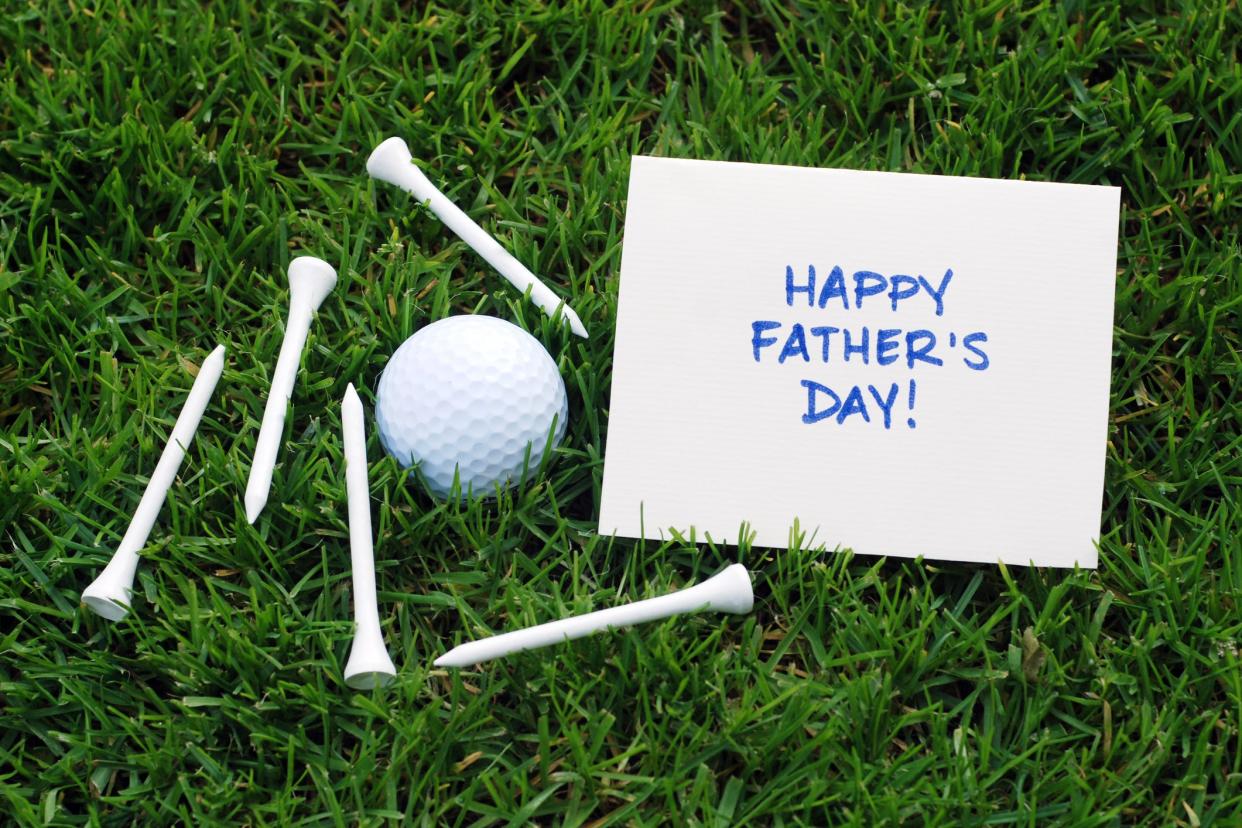Why we don’t do Father’s Day in my family

We don’t do Father’s Day in my family.
I adore my dad. You would too if you met him. He is the warmest and funniest man, and the word “generous” seems too puny to describe someone whose door is permanently open to waifs and strays and, like The Godfather on the day of his daughter’s wedding, can never refuse a request to help. But, he doesn’t like Father’s Day and we have come to respect that.
He tells us he doesn’t like this day “set by capitalism”. My father is a proper socialist. When he was invited to Australia to read his poems at a university, I, his champagne socialist daughter, tried to upgrade his ticket to “premium economy”, but he wouldn’t have it. “It’ll give you more leg room dad,” I told him. “And the cabin crew will be nicer to you!”
“Why are my legs more deserving than others?” he said. “And why must we pay to be treated well?”
I have bought many gifts for my dad in the past based on his interests. Fancy chess sets, fancy fountain pens, fancy single malt with his name engraved on it in Farsi, but still, arriving unexpectedly at his door with the kids in tow, demanding lunch means more to him than anything fancy or leg room.
But I don’t think it’s just an anti-capitalist heart which makes him cringe at Father’s Day. His own father died when he was six so when he became a father, he had nothing much to reference.
Most of us, when we are parents, are often stumbling around in the dark, hoping for the best, but losing a parent is one of the most traumatic things to happen to a child and can make their world a terrifying place. This terror can manifest in all sorts of painful ways as an adult. Given the culture and times he lived in then, my dad was never given an opportunity to grieve. “Don’t cry,” is the worst thing you can say to a sad child.
A dear friend of mine lost her husband in June. Her daughter is one of my daughter’s best friends. The one consolation I see in their tsunami of grief is that times have changed. This little girl has grief counselling through her school and a mother who is keeping her company through the grief, instead of bottling it up and telling her not to cry.
Under very different circumstances, my own daughter is being raised without a father. She is only eight, and it’s her story as well as mine, so I’m hesitant to be very public about why this is so (though privately, usually with a vat of decent wine, I don’t hold back) but I will say that it was his choice entirely not to meet her, and it remains his choice, despite my efforts.
The absence of a father doesn’t diminish with time. It grows. In every story my daughter reads, in every TV show or film, there is a reminder that the world seems to have something she doesn’t. There’s a whole universe of “daddy” that she is not in. It’s OK, she is surrounded by an army of family and friends utterly devoted to her, but still, Father’s Day is an event to be navigated rather than a day to enjoy.
It’s adults, not children, who have, on occasion, been mind-bogglingly insensitive around Father’s Day. At her first nursery, they were making Father’s Day cards. Instead of calling me to ask if perhaps there might be someone she CAN make a card for, they made her sit away from the art table and do a different activity altogether by herself.
They received an earful from me, I received an apology but, of course, never took her back and to this day, I blow a raspberry whenever I pass the nursery.
Her dadlessness is a point of interest to other children. My daughter has no problem explaining, “I don’t have a dad”. One new friend came to find me to check on my daughter’s story. “Vivie says she doesn’t have a dad,” she said. I explained: “Yes that’s true. She only has a mummy” – which, after some questions and a few simple answers, she accepted, because children are brilliant and don’t need everyone to be put in a box.
As a baby, my daughter began to call her older brother’s father “daddy” because that’s what she thought his name was. My daughter calling my ex-husband “daddy” really wasn’t ideal. No one knew quite what to do. She was just a baby. My son, who was only six or seven at the time, sorted it. He began to exclusively call his dad by an affectionate nickname.
Now that nickname is what they both call him and he and his missus (my wife-in-law) make sure my daughter knows that their home is as much hers as it is her brother’s. That at such a young age, my boy found a name for his dad which his fatherless little sister could share, melts my heart more than any schmaltzy card with a drawing of a bloke playing golf on it.
Read More
Watch live as Joe Biden signs Juneteenth National Independence Day Act
The Liberal Democrats can bring the ‘blue wall’ down – and this Conservative government with it
The Lib Dem by-election win raises two key questions about where the party goes from here


